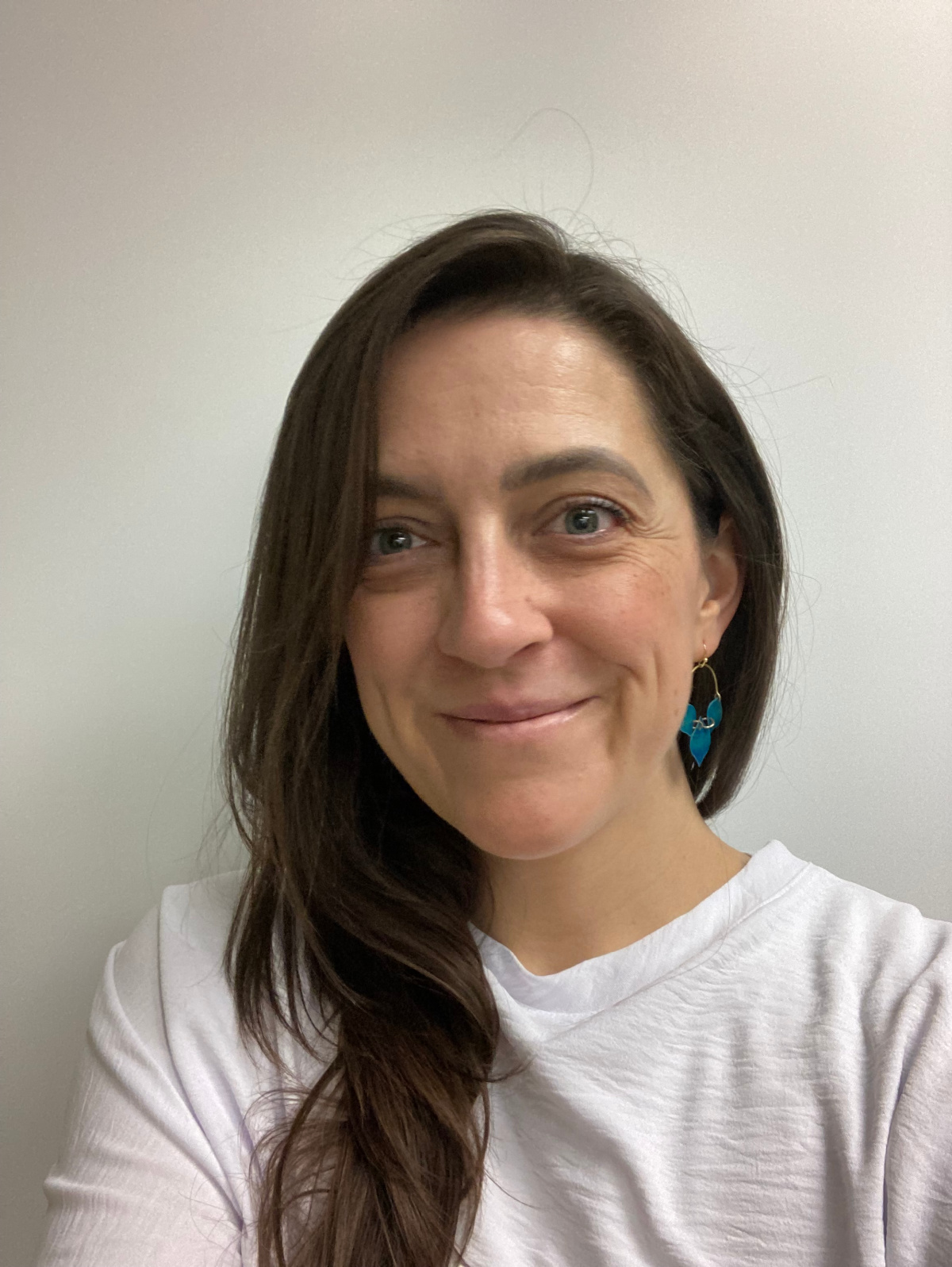Graduate Teaching Award recipient is committed to learning alongside students
Scott Lingley - 12 April 2024
 Gillian Robinson recalls her kindergarten teacher suggesting sarcastically that, if she knew so much, perhaps she’d like to teach the class. Little did that teacher suspect her young pupil would take her up on the offer and arrive at class the next day with photocopied exercises for her classmates to complete.
Gillian Robinson recalls her kindergarten teacher suggesting sarcastically that, if she knew so much, perhaps she’d like to teach the class. Little did that teacher suspect her young pupil would take her up on the offer and arrive at class the next day with photocopied exercises for her classmates to complete.
The intervening years have only grown Robinson’s passion for teaching, and for blurring the distinction between instructors and learners.
“When you approach learning with your students instead of them needing you as the expert, that’s a really powerful way to be in the classroom with them,” she says.
After 16 years of classroom teaching, mainly at junior high and high school level, Robinson decided to pursue graduate studies in educational policy studies at the U of A. Her PhD research is focused on the implementation of queer-inclusive policies in Alberta schools, an area of inquiry she says was inspired by her experiences in the education system, as well as her long-standing interest in sociology and social justice.
“I wanted to understand why policy was not being implemented quickly and taken up, and why it wasn’t really opening doors for things we could do in schools,” Robinson says. “I also thought at the time if I could get some credentials, my voice in fighting for that would be more respected.”
Given her love of teaching, it wouldn’t be long before Robinson found herself once again standing in front of a classroom, this time filled with preservice teachers. Recently she’s been an instructor in the Aboriginal Teacher Education Program (ATEP), delivering a Contexts of Education course. She’s also been serving as instructional coach for instructors at Campus St-Jean through the Centre for Mathematics, Science and Technology Education (CMASTE). Robinson says it’s important to honour the wisdom students bring to class with them.
“Students coming fresh from high school have a lot of insider knowledge about how school systems function,” she says. “What was amazing about teaching with ATEP is just how incredibly wise those students are and how much they’ve been able to connect the theory we’re discussing in class with their own experience.”
A classroom teacher in the academy
Robinson was recently recognized with a Faculty of Education Graduate Teaching Award, alongside fellow recipients Danielle Gardiner Milln, Amy Domenique Gadsden, Stephanie Schuurman-Olson and Sean Groten. She was nominated for the honour by educational policy studies professor Dr. Rebecca Sockbeson and endorsed by CMASTE co-director Dr. Janelle McFeetors.
“Rebecca has taught me a ton about anti-oppressive education, specifically anti-Indigenous racism and being able to think about that in an everyday context. My supervisor Dia Da Costa has helped me go from this helping imperative to thinking about things in a more anti-oppressive way,” Robinson says.
“Coming into the academy as a classroom teacher, I didn’t look at that necessarily as expertise. Being in the role I’m in now and getting a chance to reflect on all the things we learn as classroom teachers, there’s an incredible amount of on-the-job training and skills that are developed so quickly. It’s been nice to have Janelle and Mijung Kim and Kerry Rose at CMASTE help me grow my confidence.”
Robinson’s advice for future teachers is consistent with her practice and includes a surefire tip for winning over your pupils.
“Assume all your students have talents you are unaware of, assume they have knowledge about all kinds of things you don’t know, assume their competency. They have so many ways of thinking about something that you haven’t thought of yet,” Robinson says.
“And also, feed your students. Give them snacks. It means something to people that you are setting aside the space and time to share food together.”